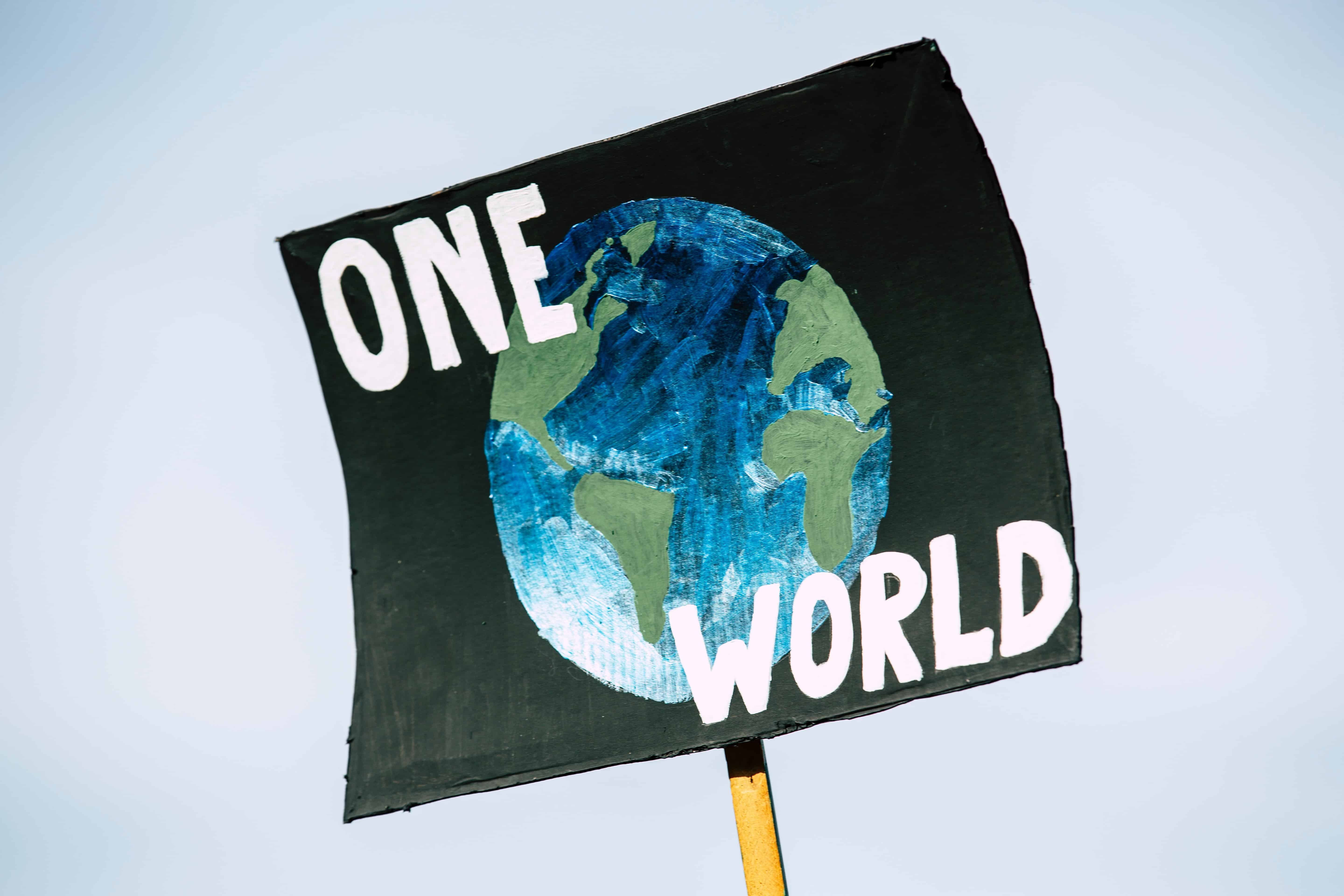By Claire Ward
Back in 2015, the Paris Agreement was formed; an international treaty that pledged to impede climate change. Now more than five years later, the secretary-general of the United Nations, Antonio Guterres, is calling on these world leaders to take more drastic action.
The signing of 197 countries onto the Paris Climate Agreement was seen as a huge success where a global goal was set to lower global warming levels to at least 2, preferably 1.5, degrees Celsius. To achieve this, countries are expected to create a ‘nationally determined contributions’ plan (NDC) outlining their actions to reduce Greenhouse Gas emissions.
Initial efforts saw more and more regions and companies setting carbon neutrality targets and zero-carbon solutions becoming increasingly competitive across economic sectors – two extremely positive steps in the right direction. However, it would now seem that many of those NDCs are being ignored while others are simply not drastic or effective enough.
These concerns were outlined by Guterres in the recent Climate Ambition Summit; a meeting that attempted to provoke much harsher and desperately needed cuts in sources of emissions. During the Summit Guterres asked world leaders to do their part, as he urged, “today, I call on all leaders worldwide to declare a State of Climate Emergency in their countries until carbon neutrality is reached”. Guterres also requested that key emitting sectors including shipping and aviation should provide new transformational roadmaps in line with these goals before it’s too late.
If climate change is left to escalate at its current rate, the Earth will more than likely be headed towards a temperature increase of more than 3 degrees Celsius over the current century – a point of no return. The UNEP’s studies show that insufficient commitments to lower climate polluting emissions leaves the Earth on track to reach over double the levels that emissions should be, by 2030. If the planet is left to suffer an increase of even 1.5 degrees Celsius, over 70% of coral reefs will die and the frequency and intensity of extreme weather events will continue to rise at an alarming pace.
Thankfully, many world leaders have already responded to the Summit. Chinese President, Xi Jinping, backed Guterres and his requests stating, “with the challenge of climate change, mankind shares a common destiny, and unilateralism will lead us nowhere”. Instead, Xi Jinping pushed for “unity” and “co-operation” to “benefit the people of all countries”.By 2030, China hopes to reduce their own carbon dioxide emissions by over 65% per unit of GDP, compared to 2005 figures.
While the words of world leaders look hopeful, only time will tell if their actions compare. The environment around us has already suffered too deeply at the hands of our careless industrialisation. Just the breathing space that was provided by the pandemic and worldwide lockdowns has proven that the Earth can slowly heal, but only if we are willing to do our part.
The time to act is now – before it’s too late.
Cover Image by Markus Spiske on Unsplash


